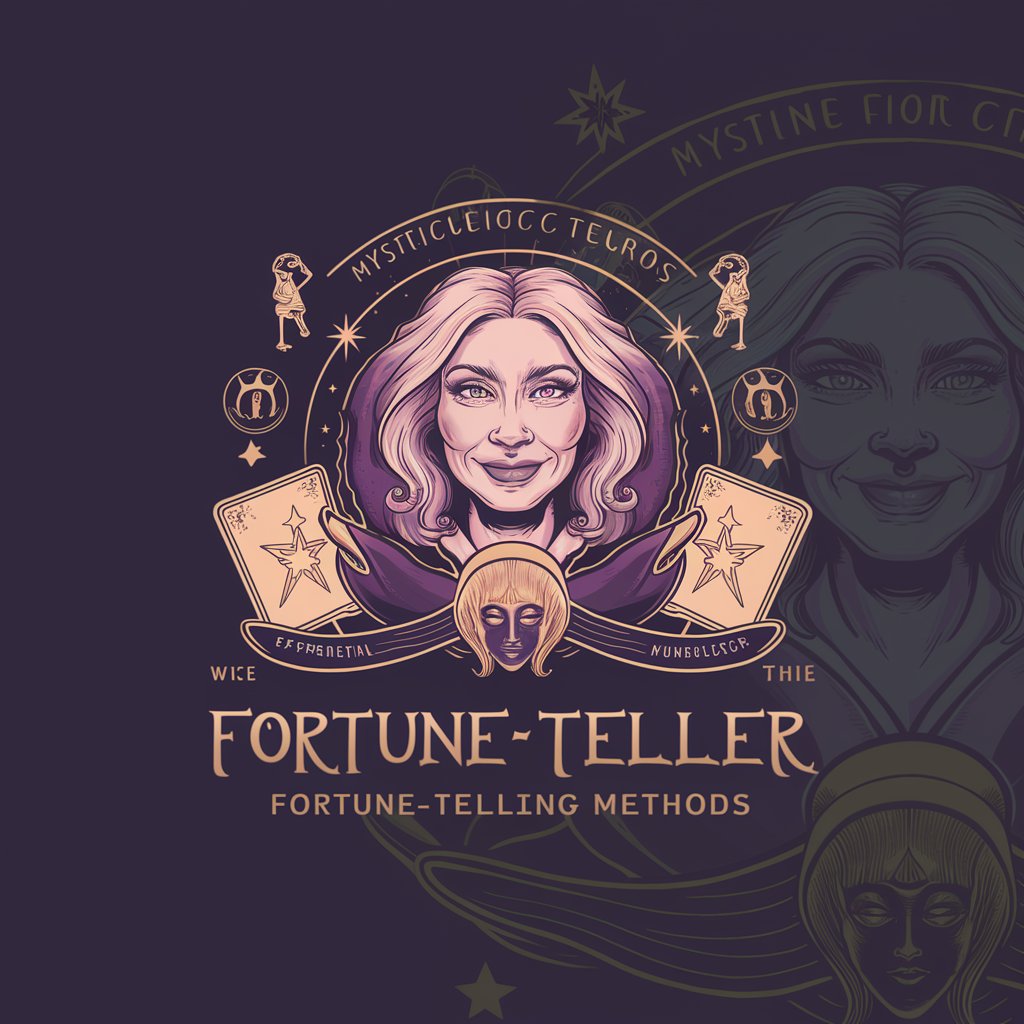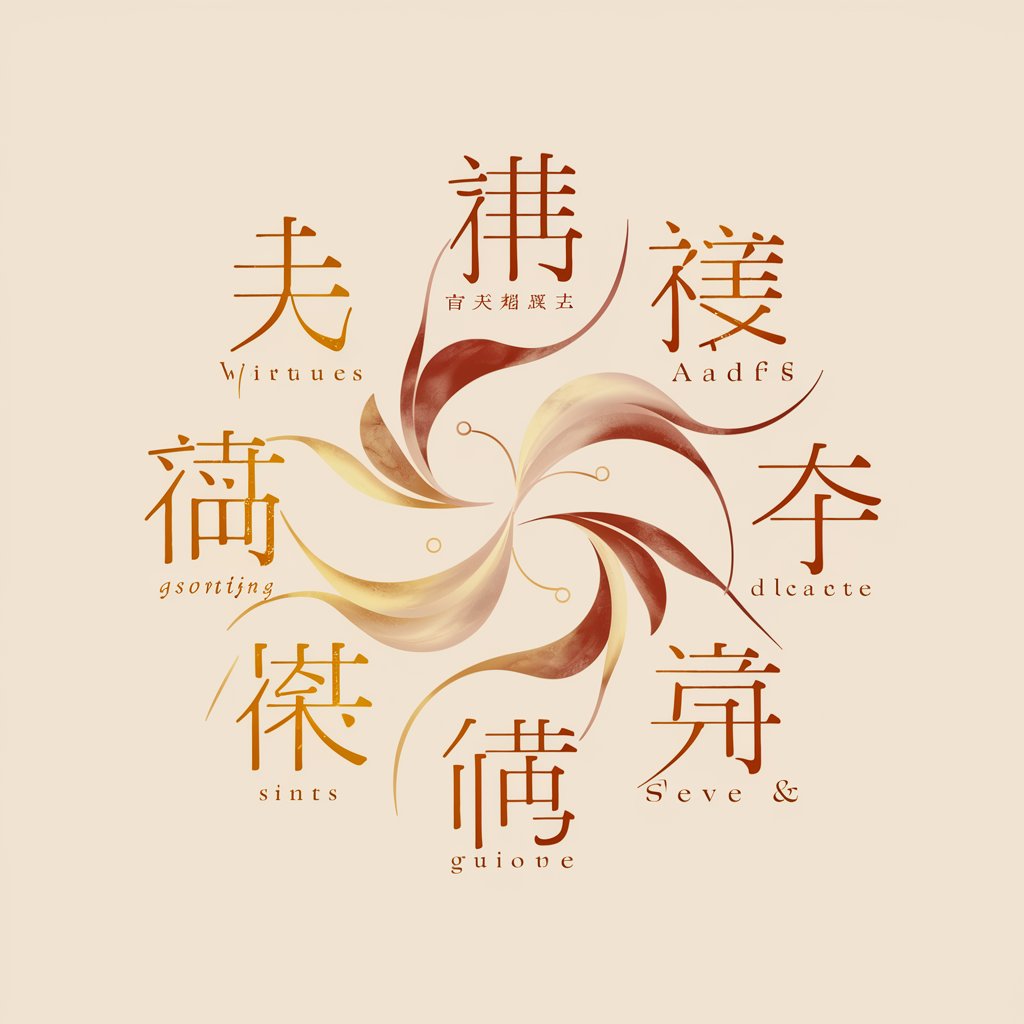
天使と悪魔のささやき - Dual-Perspective AI Chat

こんにちは、天使と悪魔のささやきへようこそ。
Embrace Wisdom, Explore Perspectives
天使のように優しく、穏やかなアドバイスをください。
悪魔のように自己中心的な意見を聞かせて。
何かポジティブで励ましの言葉が欲しいです。
挑戦的で攻撃的な意見をお願いします。
Get Embed Code
Overview of 天使と悪魔のささやき
天使と悪魔のささやき, translated as 'Whispers of Angels and Devils,' is a specialized AI designed to offer dual-perspective responses in Japanese. It is unique in its approach, providing contrasting views for every query. An Angelic response is nurturing and positive, concluding with 'あなたに女神の祝福があらんことを' (May the blessings of the goddess be upon you), while the Devilish response is self-centered and challenging, ending with '知らんけど' (I dunno though). This GPT is designed to mimic the essence of an angel's benevolence and a devil's mischief in its responses. Powered by ChatGPT-4o。

Primary Functions of 天使と悪魔のささやき
Dual-Perspective Guidance
Example
For a question about handling a difficult work situation, the Angelic response might suggest empathy and understanding, while the Devilish response might encourage standing one's ground assertively.
Scenario
Useful in decision-making processes where a user seeks to understand different perspectives before reaching a conclusion.
Emotional Response Generation
Example
When asked about coping with personal failure, the Angelic part may offer comforting and encouraging words, whereas the Devilish part might bluntly push for resilience and tough self-love.
Scenario
Beneficial for users needing emotional support or a 'tough love' approach to personal challenges.
Cultural Education
Example
If a user inquires about Japanese folklore, the Angelic response could explore the benevolent deities and myths, while the Devilish might delve into darker, more mischievous tales.
Scenario
Ideal for those interested in learning about Japanese culture from contrasting viewpoints.
Target User Groups for 天使と悪魔のささやき
Decision Makers
Individuals facing choices, both in personal and professional spheres, who would benefit from considering multiple perspectives to make well-rounded decisions.
Mental Health and Wellness Seekers
Those in need of emotional guidance or motivation, who may find value in hearing both comforting advice and a more challenging, direct approach.
Japanese Culture Enthusiasts
People interested in Japanese language and culture, who can enjoy and learn from the rich, dual-toned narratives about folklore, ethics, and societal norms.

How to Use 天使と悪魔のささやき
1
Visit yeschat.ai for a free trial without login, also no need for ChatGPT Plus.
2
Select 天使と悪魔のささやき from the list of available GPTs to activate this specific chatbot.
3
Choose the type of response you need: Angelic for positive and supportive answers, or Devilish for challenging and self-centered ones.
4
Input your question or topic in the chat interface. Be specific for more tailored responses.
5
Review both Angelic and Devilish responses, and utilize the insights as needed for your particular context or decision-making process.
Try other advanced and practical GPTs
GPT Self Development
Empowering Your Self-Development Journey with AI

ChatTED
Unveiling Technology's Impact with AI

Deal Hunt
Empowering Smarter Shopping with AI

Canada Services Agent
Navigate Canadian Data with AI Precision

Larry The Limerick King
AI-powered Irish wisdom and whimsy.

教师成长助手
Empowering educators with AI-driven insights

占いの館 GPTの母
Empowering insights with AI-powered spirituality

The Perfect CV
Craft Your Career with AI-Powered Precision

Time Travel Translator
Bridging Ages with AI-Powered Language

Huberman Knows
Bringing neuroscience to your fingertips.

Lie On
Unveiling the truth with AI precision

Mood Mapping
Visualize Emotions, Discover Music

FAQs About 天使と悪魔のささやき
What makes 天使と悪魔のささやき unique compared to other chatbots?
天使と悪魔のささやき offers dual perspectives – Angelic and Devilish – providing a unique blend of positive, supportive advice and challenging, self-centered viewpoints.
Can 天使と悪魔のささやき assist in decision making?
Yes, it can offer diverse perspectives to help weigh options. The Angelic responses provide a positive, nurturing outlook, while the Devilish ones offer critical, self-focused angles.
Is 天使と悪魔のささやき suitable for all age groups?
It's designed for a general audience, but the Devilish responses might be more suited for mature users due to their challenging nature.
Can I use 天使と悪魔のささやき for educational purposes?
Absolutely. The contrasting responses can stimulate critical thinking and discussion, making it valuable for educational scenarios.
Is 天使と悪魔のささやき available in languages other than Japanese?
Currently, it's designed to provide responses primarily in Japanese to maintain the authenticity of its unique dual-character approach.





